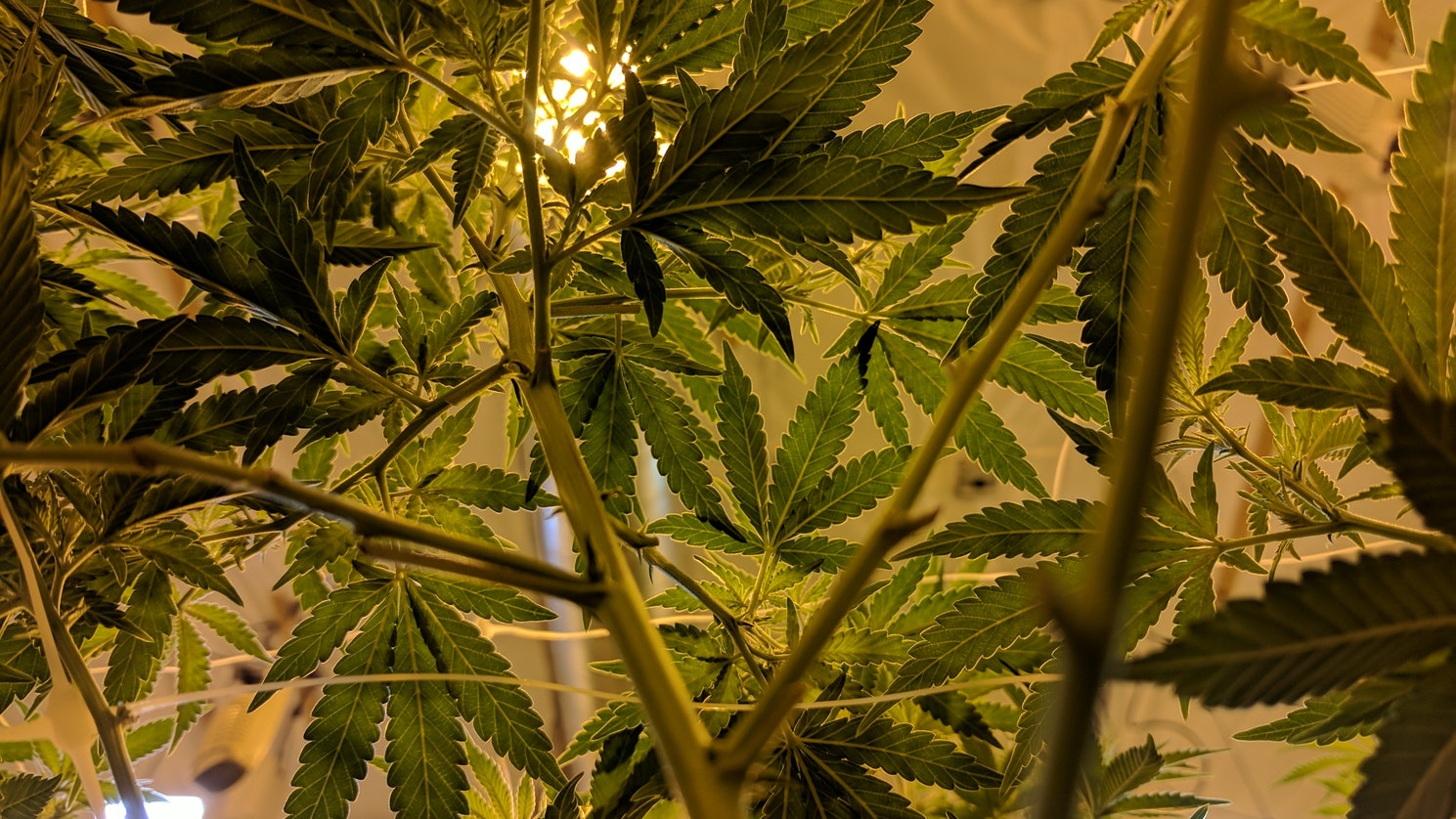The company Whistler Cannabis Co made its organic recreational cannabis products available as soon as Canada’s legalization in recreational marijuana took effect last Oct. 17. Canada legalized recreational cannabis nationwide, with varied regulations per province.
These products, which are available in hand-rolled joints, hand-trimmed flowers and small stocks of oil products, are the first organic-certified recreational cannabis products in Canada.
The products of Whistler Cannabis are made available through federally owned cannabis shops in Kamloops, British Columbia and Whitehorse, Yukon. According to the company’s press release, its products will be soon available in retail shops in Saskatchewan.
Whistler Cannabis became the first licensed producer of organic cannabis in Canada. The company was certified by The Fraser Valley Organic Producers Association (FVOPA), which verifies the compliance of the company in certain regulatory standards. The company renews this certification on a yearly basis. The company also offers live plants and topical oils apart from dried plants and cannabis oil.
The difference in organic cannabis
Similar to any agricultural crops, marijuana industry relies on higher yields, especially when the demand is high. Because growers want to provide the demand of the industries, they use certain techniques, tools or ingredients in order to produce more.
For organic products, particularly organic cannabis, they are usually grown using natural ingredients—without fertilizers, pesticides, insecticides or any crop protection chemicals. On the contrary, other growers in the agriculture industry even use chemicals to make crops grow faster. There are some farmers that use genetically modified seeds or crops, which can grow a lot faster or more immune to certain pests that organic crops usually get.
For Whistler Cannabis case, it applies the organic kind of brand on its packaging. Moreover, according to its website, each strain it produces take approximately five months to grow—which is the typical growth cycle of a cannabis plant.

Cannabis is known for being a sustainable crop because it can grow in most soil types and it does not need that much water. For instance, hemp, a type of cannabis plant, is now being considered as an alternative product not just for food and drinks—hemp seeds and hemp milk are already available in some markets—but also for fabric and building materials. Cannabis has become a symbol of sustainability, so why not apply it to your overall brand?
Though it is already required by almost all regulatories that cannabis products for smoking should not have traces of pesticide, having a certified organic option would be great, especially for consumers who are more cautious. This is similar to our food and drink choices nowadays, as some consumers prefer locally sourced, organic products than mass-produced ones with too much preservatives.
Though organic cannabis is a great option, it does not mean that cannabis products that are grown using innovative tools are not any good. More companies, even technology companies, are developing other ways to grow sustainable cannabis plants that may not pass as “organic” processes—either way, we should be glad that in this age, more people have access to cannabis and its benefits.



